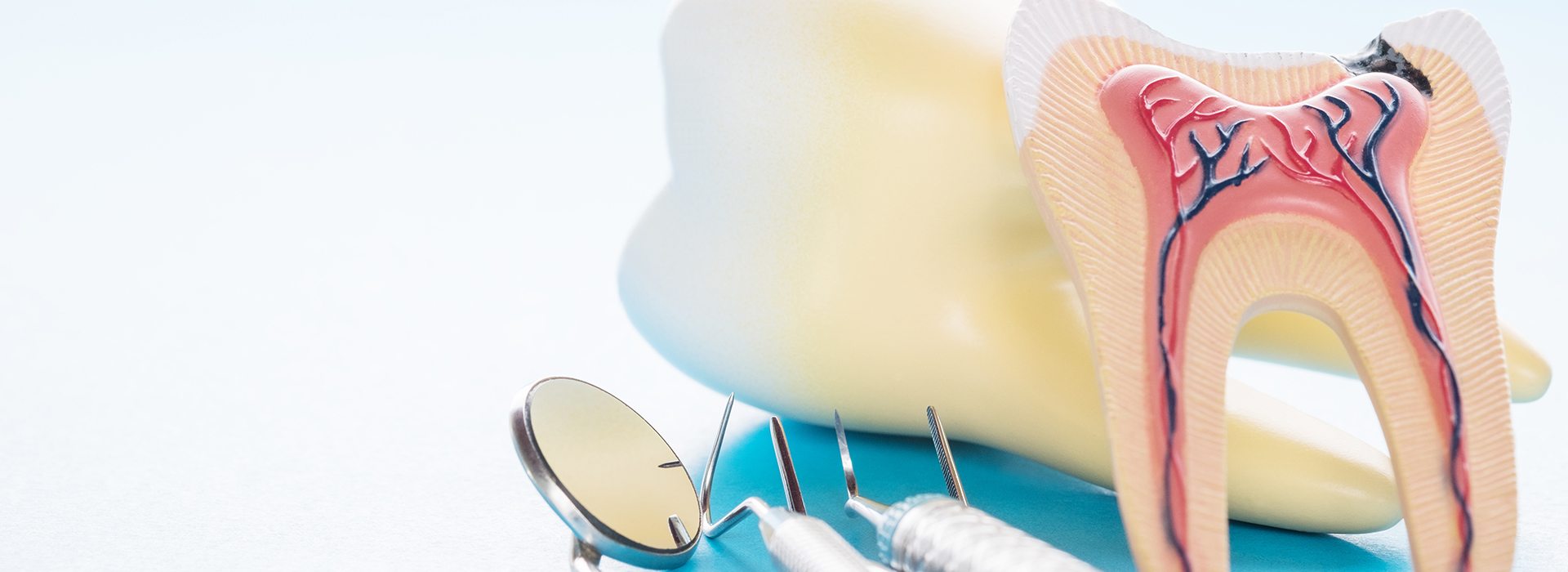

Some patients require more than routine preventative cleanings due to the presence of hardened tartar below the gum line. Scaling and root planing, or deep cleanings remove this tartar and help to reverse gum disease, preventing bone loss around the teeth and eventual tooth loss.
After completing a comprehensive evaluation of your teeth and obtaining a full set of dental radiographs, we will measure the depth of your gum pockets to assess the degree of gum disease present. We will discuss our findings and let you know if a deep cleaning is indicated in your case. We typically break up the process into two visits, working on one side of the mouth at a time. Since a deep cleaning removes bacteria and tartar below the gumline, we generally administer local anesthesia to keep you comfortable for the procedure. Once anesthesia is confirmed, we will use a combination of ultrasonic and manual scalers to remove harmful buildup. This process typically takes about 60 minutes per side. We may also prescribe an antimicrobial mouthwash to use after your visit to help facilitate gum healing. We will also review various home care tools that will work best in your mouth to help keep bacteria at bay between visits. After 6 weeks, we will ask you to return for a short followup visit, where we will remeasure your gums and confirm healing. Once gum disease has been diagnosed, it is recommended to have maintenance cleanings every three to four months to prevent its recurrence.
Share Your Smile Rewards
Our New Patient Referral Program
Learn More »